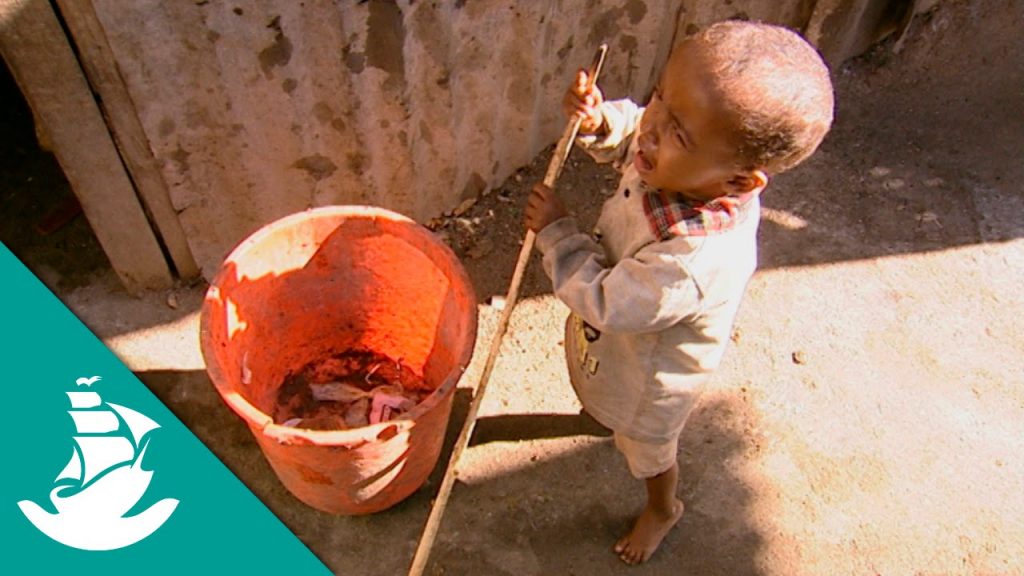As the world population continues to grow at an unprecedented rate, the question of how we will feed this ever-increasing number of people while maintaining the quality of our environment becomes increasingly pressing. “The Food of the Future” is a thought-provoking exploration of the possibilities and challenges of achieving sustainable food production.
The documentary begins by emphasizing the current state of the world’s food supply, pointing out that while many areas of the world are enjoying a remarkable abundance of food, there are still large populations suffering from hunger. The film highlights that 30 people die of hunger every minute, a shocking statistic that underscores the need for new and innovative solutions.
The documentary then delves into the history of food production, taking us back to the early 20th century and the groundbreaking work of American biologist Norman Ernest Borlaug. Borlaug developed semi-dwarf, high-yield, and disease-resistant wheat crops that saved millions of people worldwide from starvation and catalyzed the “Green Revolution,” an agricultural boom that changed the way humanity sustained itself on our planet.
However, as the film notes, traditional methods of animal husbandry, especially with the industrialization of food production, are not always humane or sustainable. The film argues that the conditions animals are raised in can often lead to disease and lower-quality food products.
The film then offers up some unconventional solutions to our reliance on traditional staples such as beef and chicken. The documentary suggests alternatives such as insects, crocodiles, and ocean-based protein sources. While these ideas may seem unappetizing to some, they could be key to feeding the growing population in a sustainable way.
Finally, the film looks at “aquaculture” as a promising area for sustainable food production. However, it is acknowledged that there are still many challenges to be faced, particularly in terms of environmental degradation and a lack of understanding of how to farm aquatic species.
Overall, “The Food of the Future” is an eye-opening look at the challenges of feeding our ever-growing population in a sustainable and ethical way. While some of the solutions presented may be difficult for many to embrace, the film ultimately makes a compelling case for rethinking our approach to food production and consumption.

